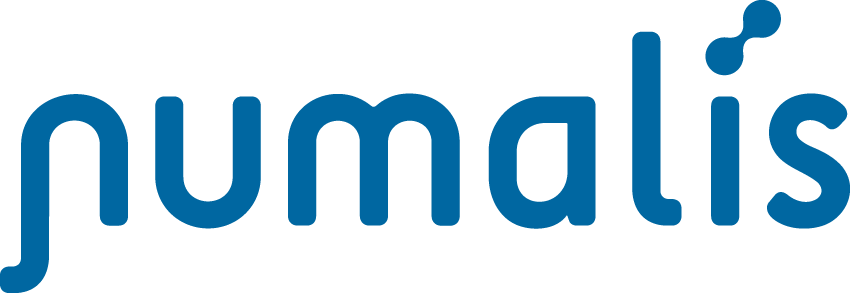At the end of last year, the UNESCO presented its first draft of the Recommendation on the Ethics of Artificial Intelligence. And last week, it was not less than 193 countries that agreed to follow the recommendations.
It is the first time that such a large group of countries agreed on a framework for artificial intelligence to orient AI development. The first draft is the result of the work conducted by the AHEG (Ad Hoc Expert Group) and the revision done after the consultation process that involved hundreds of international, national and citizen stakeholders from all of UNESCO’s regions.
This draft aims to “set the first global normative framework while giving states the responsibility to apply it at their level” according to UNESCO chief Audrey Azoulay. And “UNESCO will support its 193 Member states in its implementation and ask them to report regularly on their progress and practices”.
UNESCO points out that artificial intelligence has real added value for society. But that, as all technologies that have an impact on human society, it has to be monitored and to evolve in a designated and shared framework.
The recommendations addresses ethical issues related to AI and promotes strong values: “Respect, protection and promotion of human dignity, human rights and fundamental freedoms”. It also follows several principles, such as “Safety and security”, “fairness and non-discrimination” or “transparency and explainability” to name some but a few.
The report defines 10 areas of policy action in which several recommendations are made. The areas are: “ethical impact assessment”, “ethical governance and stewardship”, “data policy”, “development and international cooperation”, “environment and ecosystems”, “gender”, “culture”, “education and research”, “economy and labour” and finally “health and social well-being”.
In the end, member states are asked to follow these recommendations and to take actions in their respective country, in accordance with their national governing structure and constitutions.
This draft and the fact that every UNESCO member agreed on the recommendations for a reasoned use for the good of society demonstrates that artificial intelligence impact is not underestimated. Even Russia and China agreed on the document. AI has much to contribute to society and the shared will is to use it in an ethical way. Currently, concerns are addressed through guidelines as legislative and normative frameworks are still under construction. Once recommendations are done, actions are to be taken and we are following with interest the forthcoming progress.

